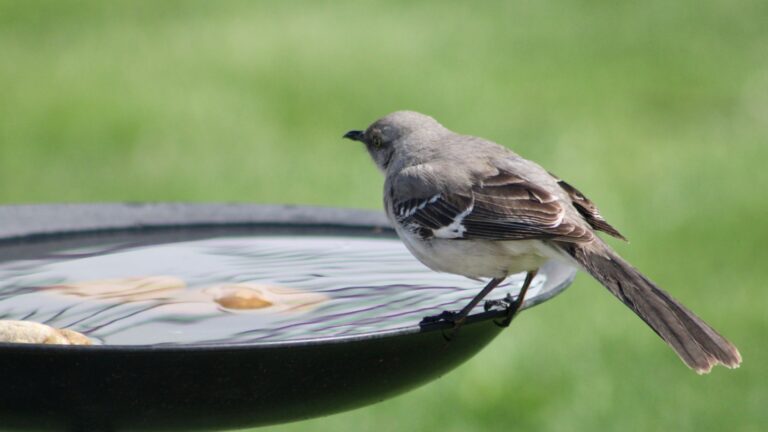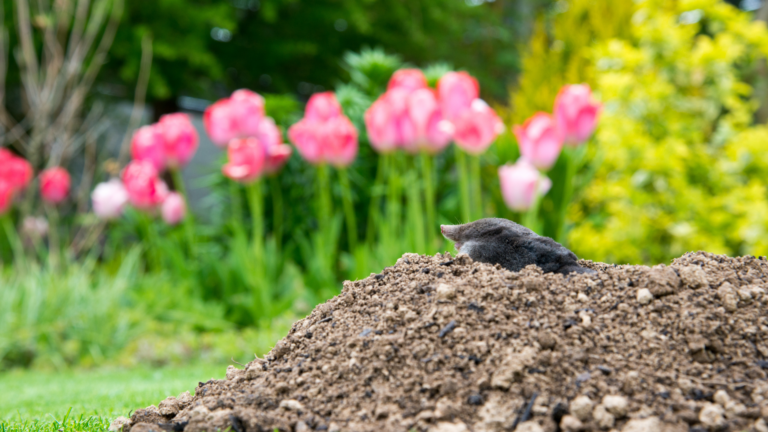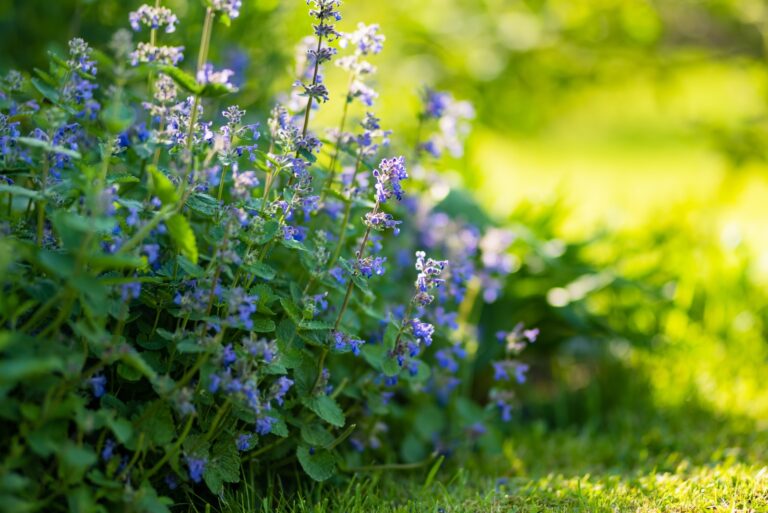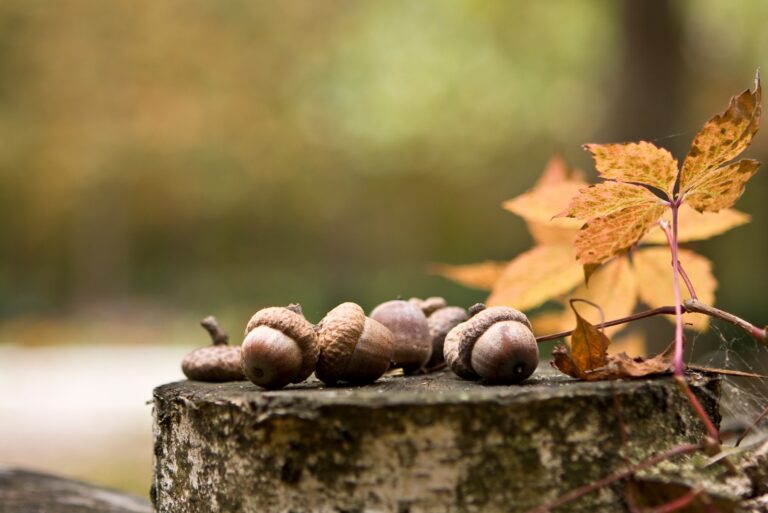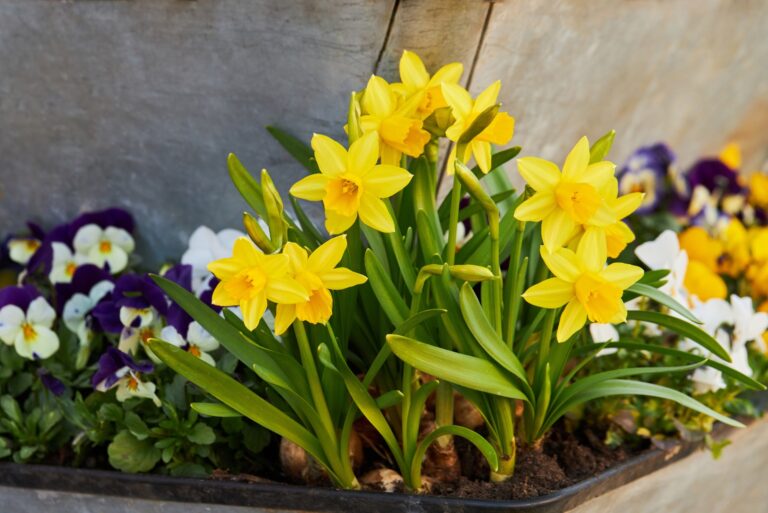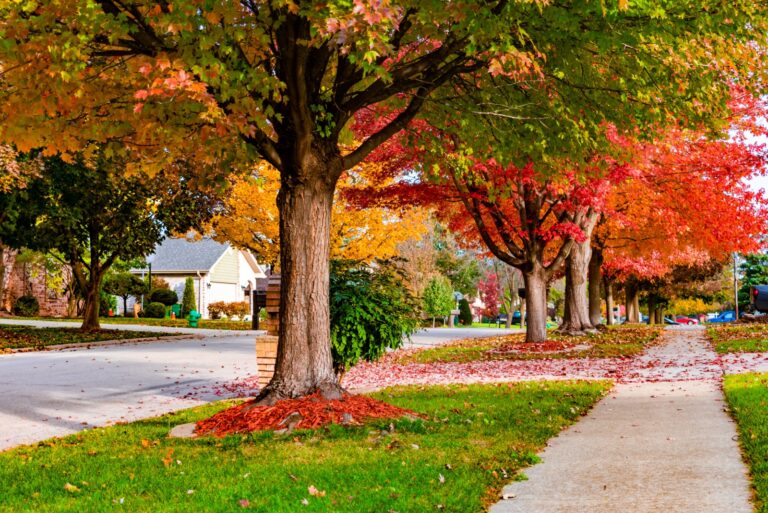8 Reasons Arkansas Homeowners Shouldn’t Rush To Kick Possums Out
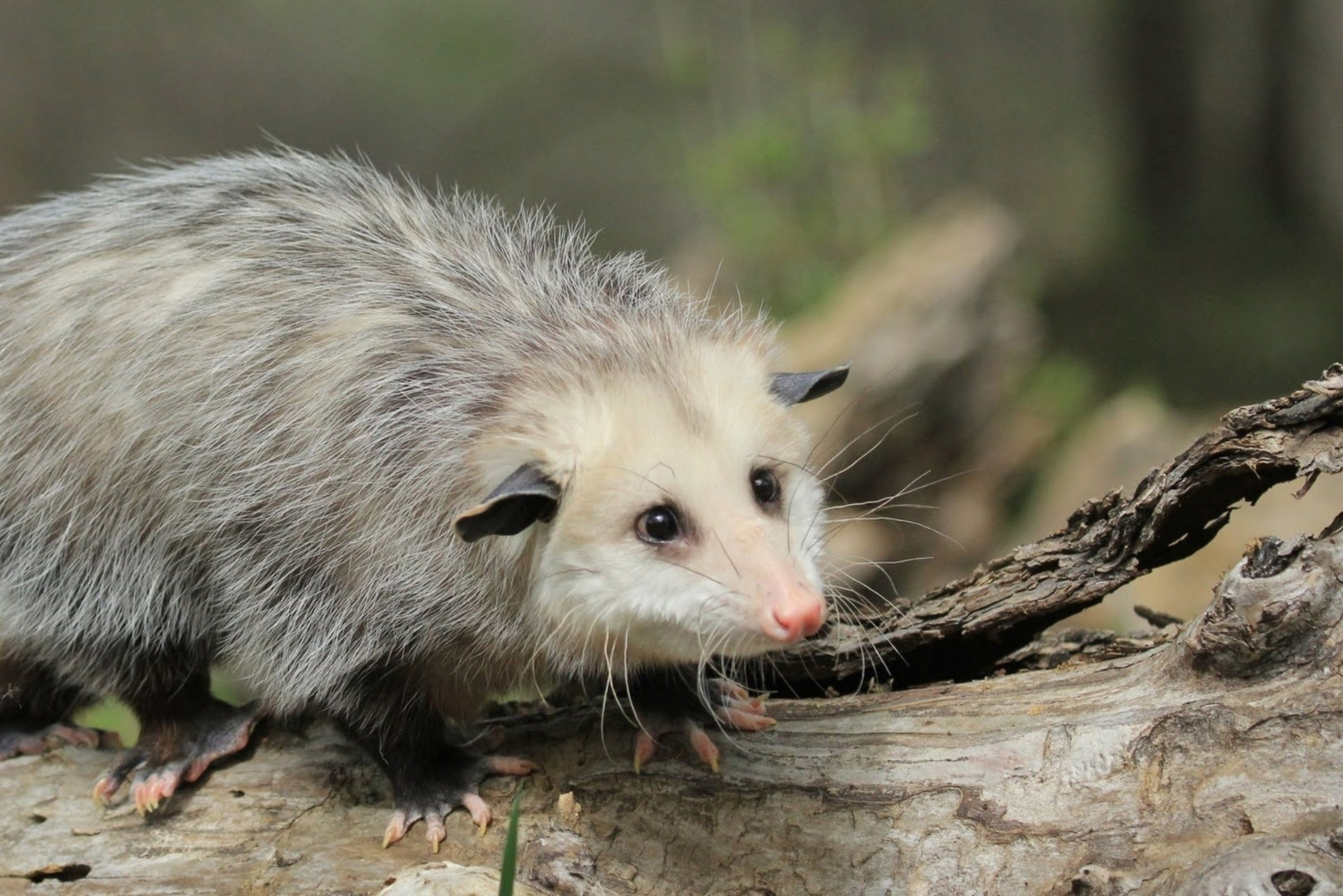
Possums might not be the cutest visitors, but they play a surprising role around Arkansas homes. Giving them a little patience can save you headaches and even help your garden in unexpected ways.
These nighttime neighbors are more helpful than most people realize. Before rushing to shoo them away, it’s worth learning why a slow approach can be better for everyone.
1. Tick Terminators
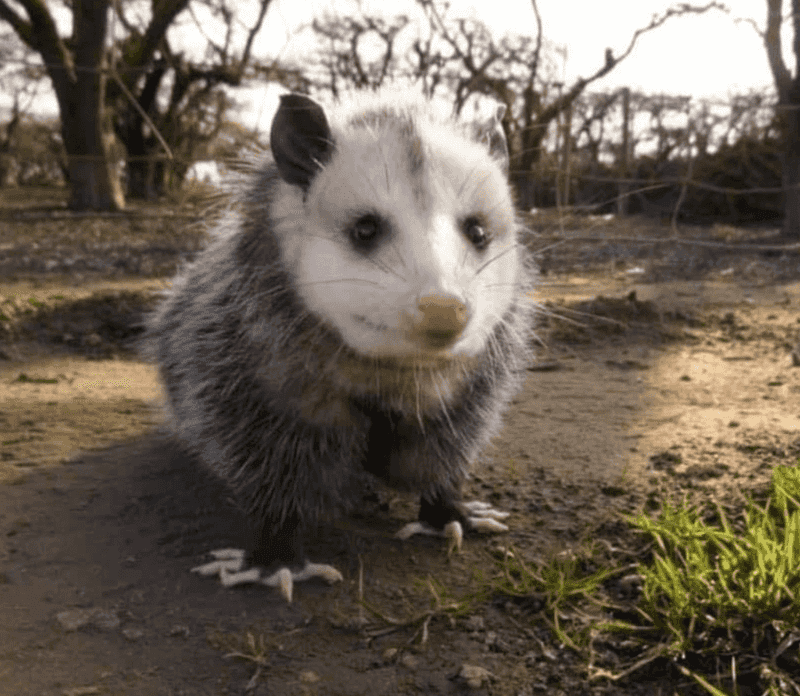
Possums are nature’s pest control specialists in Arkansas yards. A single possum can devour up to 5,000 ticks in a single season, significantly reducing your family’s risk of Lyme disease.
Many Arkansas homeowners spend hundreds on pest control when they already have free help patrolling their property after dark. These tick-eating machines groom themselves meticulously, consuming nearly every tick they find.
2. Snake Snackers
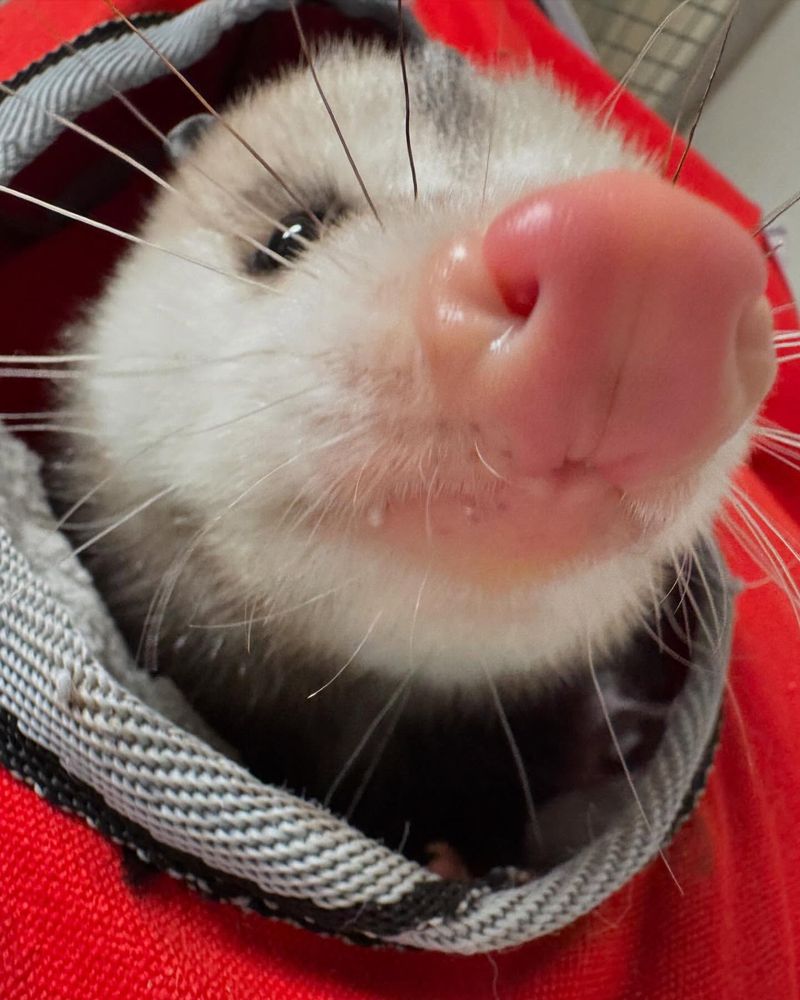
Worried about venomous copperheads or cottonmouths common in Arkansas? Possums actually have a natural immunity to most snake venom and regularly hunt these reptiles, keeping populations in check around your home.
Many Arkansas residents don’t realize these marsupials are equipped with this special resistance. They’ll happily munch on venomous snakes that might otherwise pose dangers to children, pets, or unsuspecting gardeners.
3. Garden Guardians
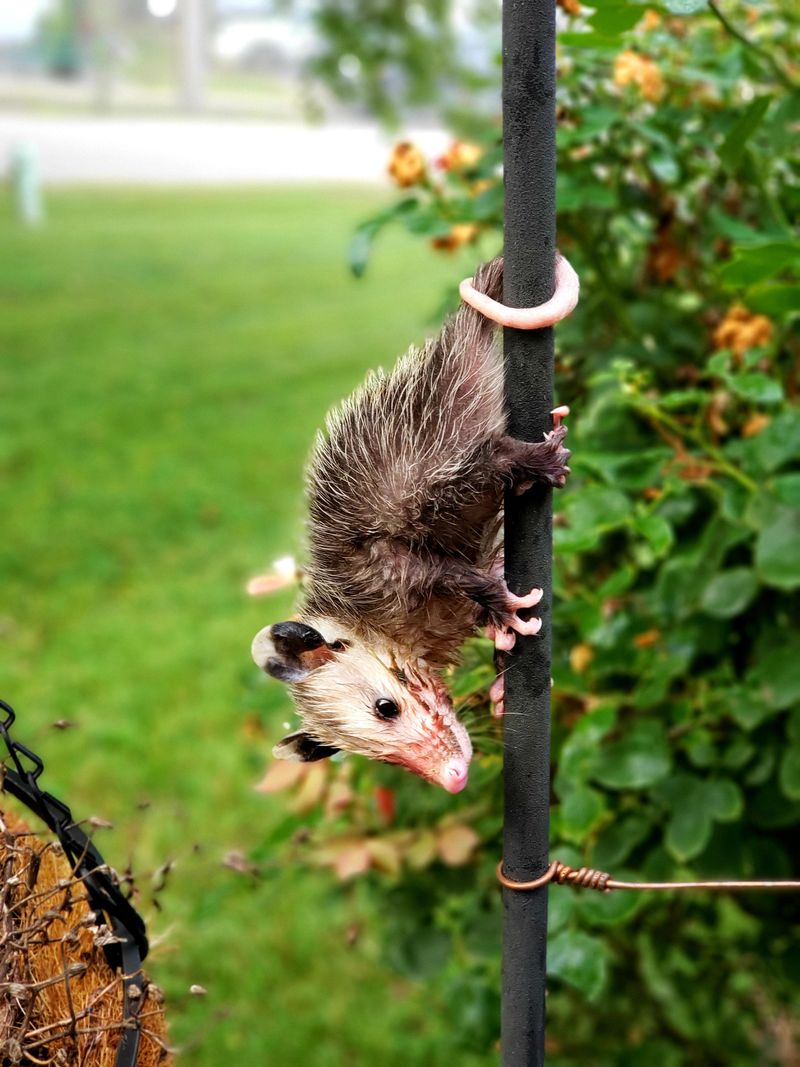
Your Arkansas garden has a nighttime ally in possums. They consume destructive insects, slugs, and snails that damage your plants and vegetables without harming the plants themselves.
Many Arkansas gardeners mistakenly blame possums for garden damage actually caused by other animals. In reality, these nocturnal helpers are cleaning up pests while you sleep, providing free organic pest management.
4. Rabies Resistance
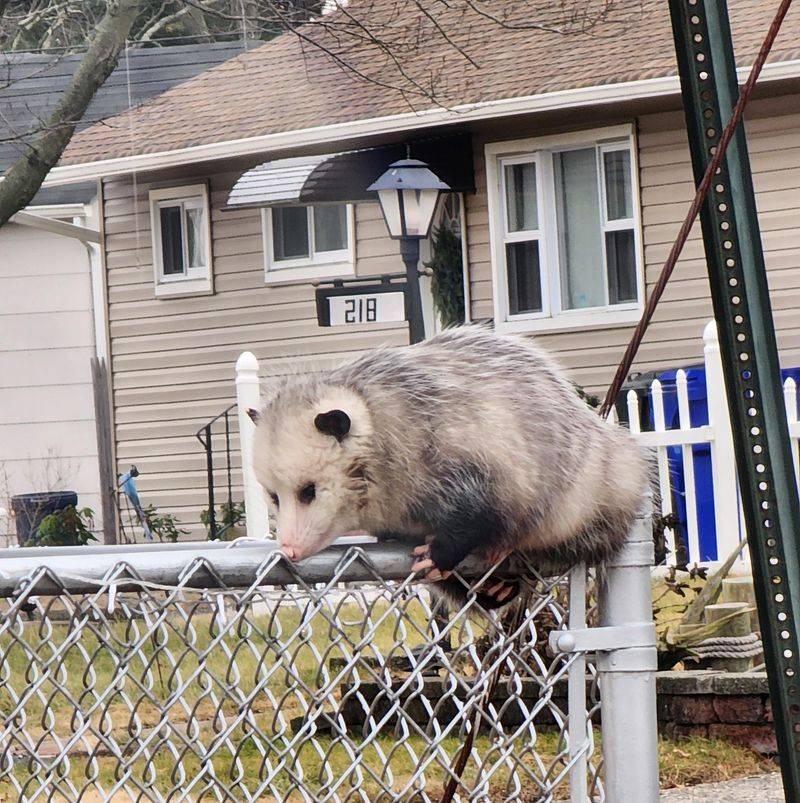
Unlike raccoons or skunks in Arkansas, possums rarely carry rabies thanks to their unusually low body temperature. This makes them one of the safest wild mammals to have around your property.
The Arkansas Department of Health confirms that a possum’s body temperature simply isn’t hospitable to the rabies virus. Their natural immunity provides peace of mind for homeowners concerned about wildlife disease risks.
5. Cleanup Crew
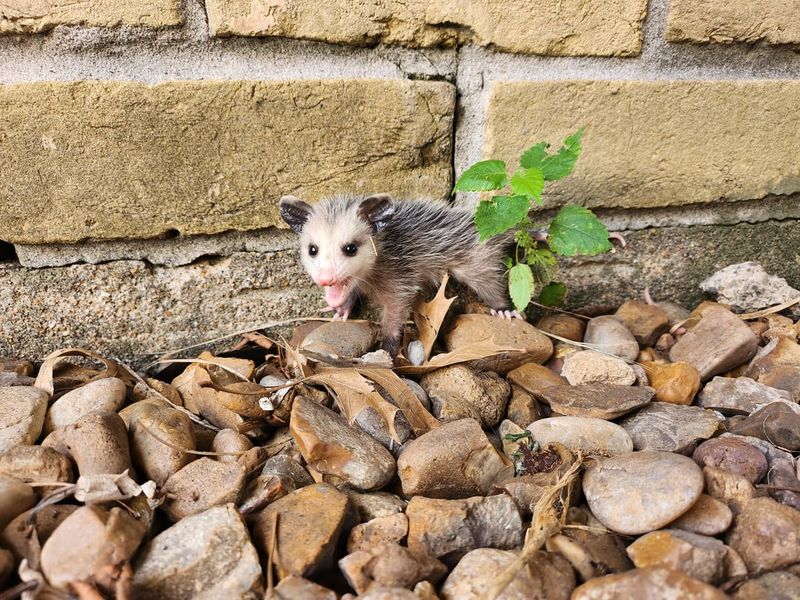
Possums are nature’s sanitation workers, cleaning up fallen fruit, garden leftovers, and even roadkill across Arkansas. Their scavenging helps prevent rot and reduces attraction of other less desirable pests.
Many Arkansas neighborhoods benefit from these natural garbage disposals. By consuming decaying matter, possums help minimize odors and disease spread while recycling nutrients back into your local ecosystem.
6. Gentle Neighbors
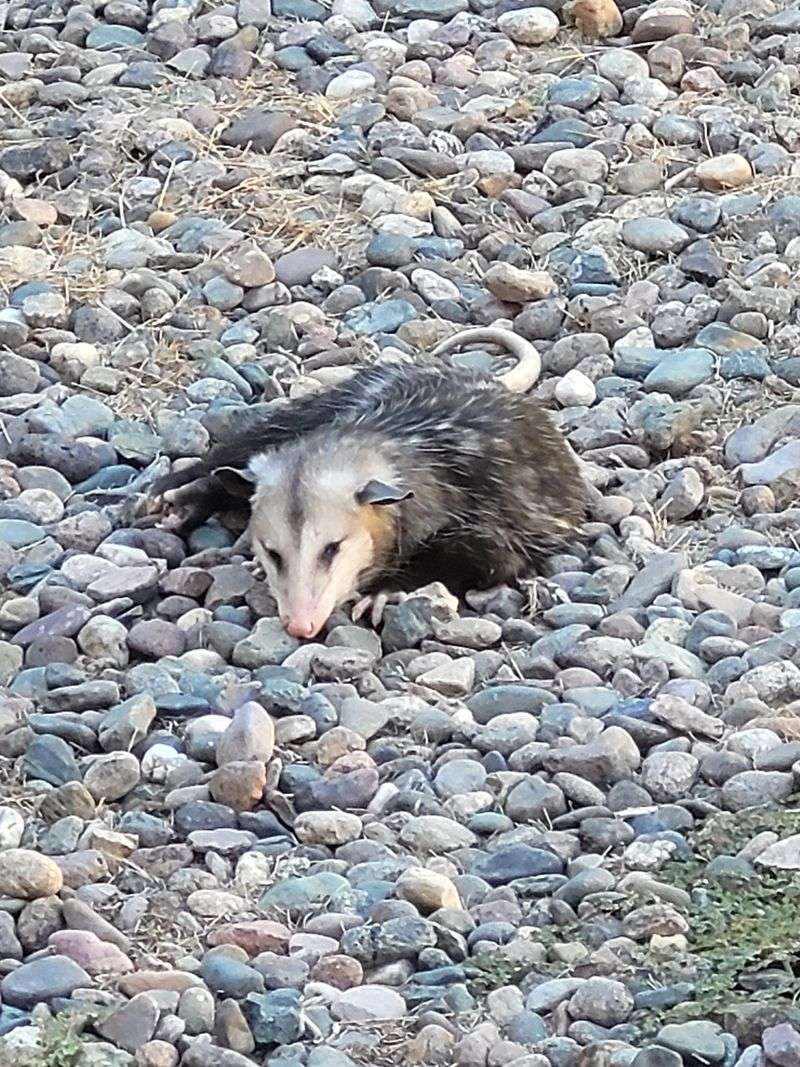
Despite their scary hissing display, possums are actually quite docile. Arkansas wildlife experts confirm they prefer to play dead rather than attack, making them safer around homes than many alternative wildlife visitors.
Across Arkansas, these misunderstood creatures rarely cause damage to structures or gardens. Their famous “playing possum” defense mechanism demonstrates their non-confrontational nature – they’d rather avoid trouble than cause it.
7. Poison Control
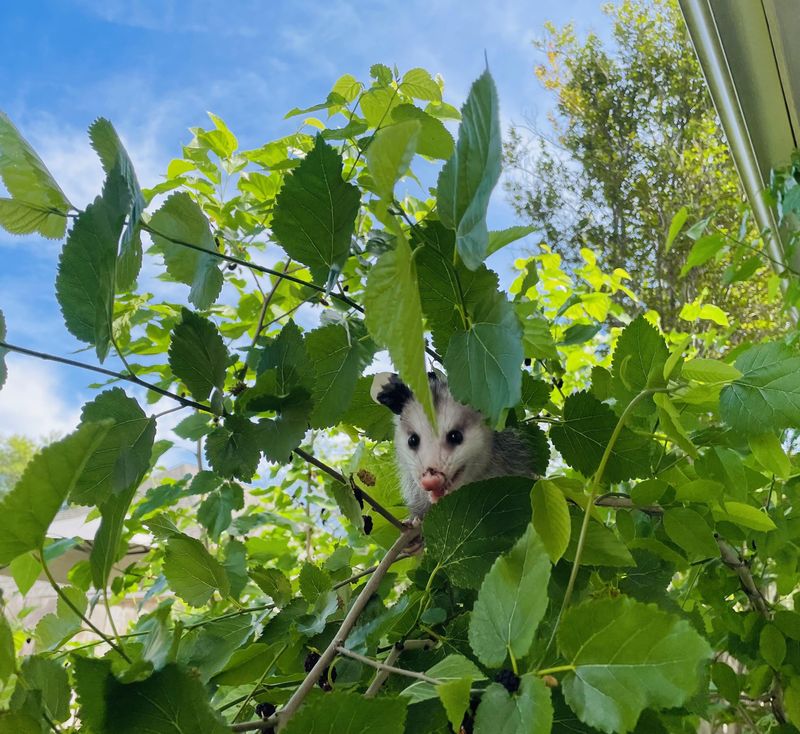
Possums have remarkable resistance to many toxins, allowing them to consume poisonous plants and venomous creatures without harm. This unique ability helps keep Arkansas yards clear of potentially dangerous organisms.
Many Arkansas homeowners don’t realize these marsupials can safely eat poisonous mushrooms and toxic plants. Their specialized detoxification systems make them valuable allies in reducing harmful substances around your property.
8. Temporary Residents
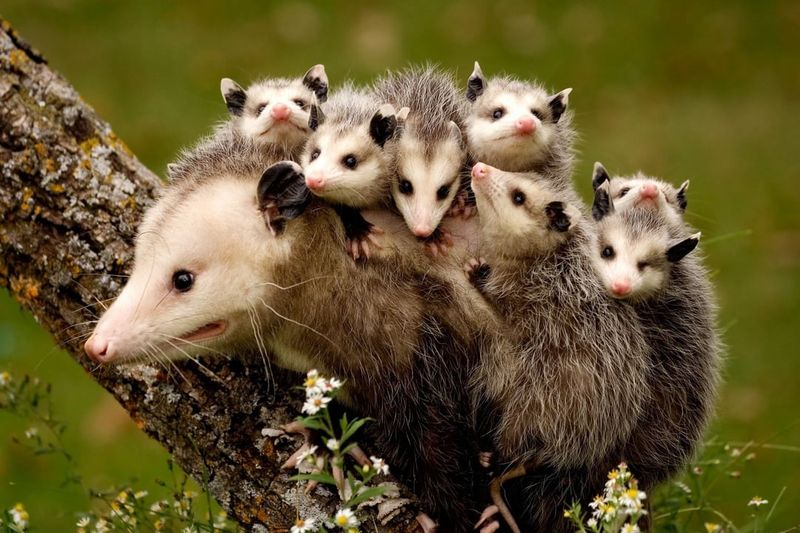
Possums are nomadic by nature and rarely settle permanently in one Arkansas location. If you spot one today, it will likely move on within a few weeks without any intervention needed.
Many Arkansas homeowners unnecessarily worry about possum infestations. These solitary wanderers typically stay in an area just long enough to clean up available food sources before naturally continuing their journey elsewhere.

